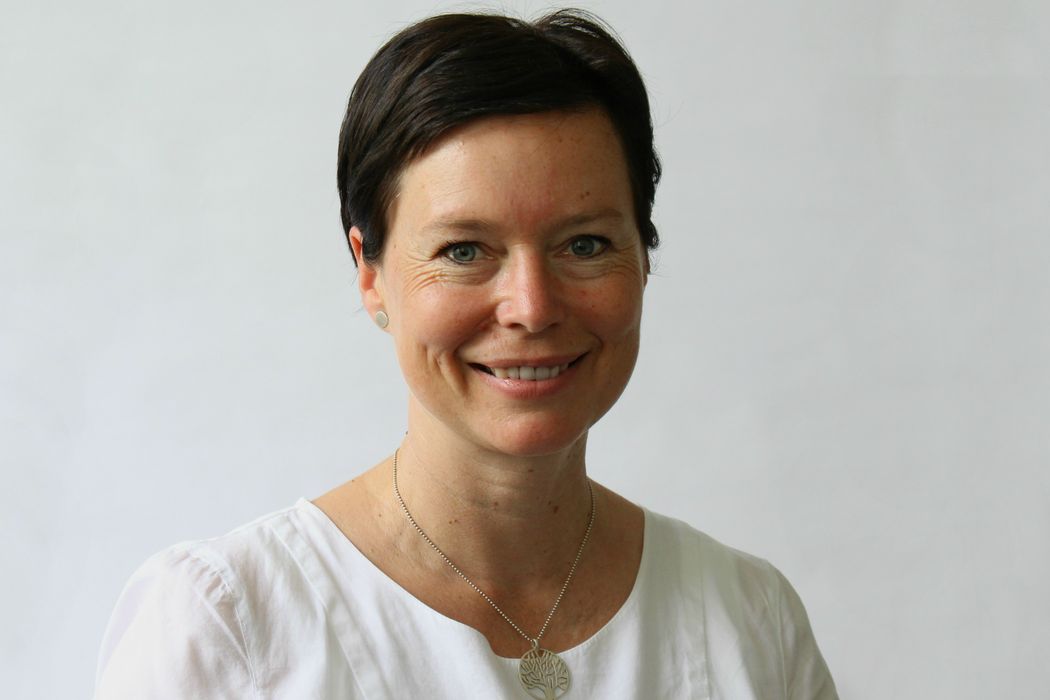Most of the time they have left their homes carrying nothing but the bare essentials; but their burden is often amongst the heaviest. A study by the Technical University of Munich has shown that almost a third of all refugee children coming from Syria are psychologically strained, and that every fifth child suffers from a post-traumatic stress disorder. Among the adults, the numbers could be even more severe. The German Federal Chamber of Psychotherapists is working from the assumption that up to half of all refugees suffer psychological effects from their experiences.
Reactions to traumatic events “may be manifested as a wide range of problems,” says Dr. Boris Budosan, Mental Health Expert at Malteser International. “Emotional problems include sadness, grief, fear, frustration, anxiety, anger, and despair. Cognitive problems, such as loss of control, hopelessness, and even medically unexplained physical complaints – as well as social and behavioral problems – like withdrawal, aggression, and interpersonal difficulties are also common.”
When it comes to the social integration of people who come seeking help, assisting those who are suffering from trauma is an immense task – but, as Malteser International’s experience shows, not an impossible one. “The great majority of refugees and disaster-affected people are not mental health patients, but suffer from different stress reactions: which are normal reactions to abnormal situations, such as war, displacement, and the loss of family members”, says Budosan. “First of all, we have to allow them a way back to normality as soon as possible. That means taking care of security, housing, food, and work or training. Children in particular can recover very well very quickly if they are given a stable environment. The second essential thing is long-term, professional psychosocial care given – in the best case – as soon as possible after their arrival.”
That is why Malteser International is engaged in the psychosocial care of displaced people and refugees in many countries around the world – above all in the Ukraine and in Turkey. In the Ukraine, affected people can receive psychosocial support provided by Malteser International at seven locations – including the regions of Luhansk and Donetsk, as well as the city of Kiev – in the form of personal and group discussions. In Kilis, Turkey, Malteser International works with a team of Syrian psychologists and social workers at a field hospital and community center in order to provide psychosocial support of Syrian refugees and their families. A further project providing psychosocial support for traumatized refugees and displaced people in northern Iraq is currently being developed.
For editors: Dr. Boris Budosan, Malteser International’s Mental Health Expert is available for interviews.
Contact: Tel.: +49 (0)221 9822 155, or email: petra.ipp(at)malteser-international(dot)org.
Ihr Kontakt

Katharina Kiecol
+49-(0)221-96441-181
Email: katharina.kiecol(at)malteser-international.org
Bildrechte
Alle hier zur Verfügung gestellten und nicht explizit mit dem Namen eines Fotografen gekennzeichneten Bilder sind honorarfrei und dürfen unter Angabe der Quelle "Malteser International" für die Berichterstattung über Malteser International verwendet werden. Alle Rechte am Bild liegen bei Malteser International.
Anders verhält es sich bei allen explizit mit dem Namen des Fotografen gekennzeichneten Fotos. Hier liegt das Urheberrecht beim Fotografen. Die Nutzung dieser Fotos durch Dritte ist daher nicht kostenfrei und nur nach Rücksprache mit Malteser International und dem Fotografen gestattet.
Tragen Sie sich jetzt in unseren Presseverteiler ein, um direkt über neue Meldungen informiert zu werden.
Datenschutz / Abmeldemöglichkeit







